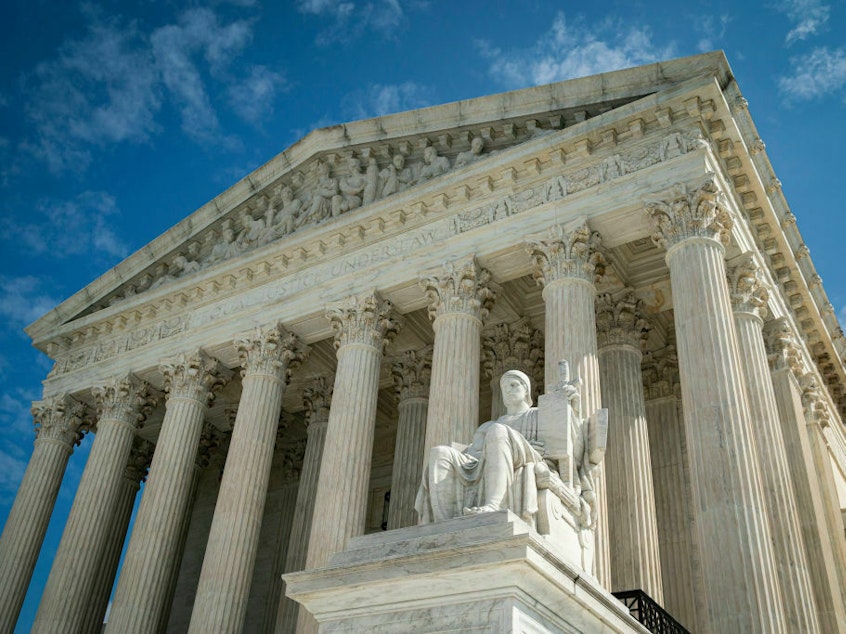Supreme Court upholds funding structure for CFPB

The U.S. Supreme Court upheld the manner in which the Consumer Financial Protection Bureau is funded.
The opinion was written by Justice Clarence Thomas, who reversed the decision of the 5th Circuit. Justices Neil Gorsuch and Samuel Alito dissented.
Congress created the CFPB after the 2008 financial crash to protect consumers from what were seen as predatory and deceptive practices by financial institutions. Since then, the bureau has established consumer protections for transactions ranging from mortgages to credit cards. But payday lenders have, for years, fought regulations that would limit excessive fees charged on small loans of just a few hundred dollars — fees that often end up costing people thousands of dollars.
Then, last year, the 5th Circuit Court of Appeals ruled that the CFPB's structure is unconstitutional because, instead of an annual congressional appropriation, Congress set the agency's funding at a capped amount that comes from banking fees paid to the Federal Reserve System.
The government appealed to the Supreme Court because many other agencies are similarly funded, including the Federal Reserve itself; the FDIC, which insures bank deposits; the Office of the Comptroller of the Currency, which charters and regulates all national banks; and potentially even Social Security and Medicare, which are funded by a specific tax.
Sponsored
This story will be updated. [Copyright 2024 NPR]



